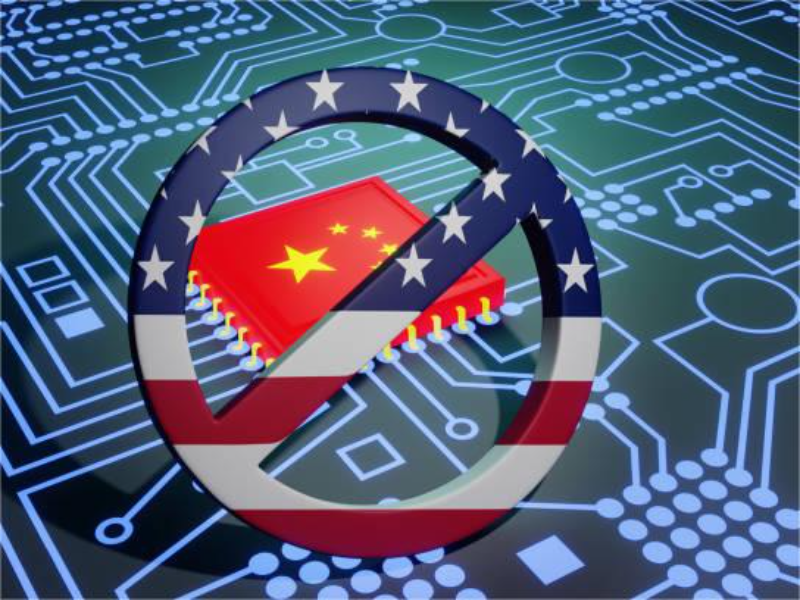- Chinese universities and research institutions have recently obtained high-end Nvidia AI chips that were banned from being sold to China by the United States.
- Ten Chinese entities have acquired advanced Nvidia chips embedded in server products made by Super Micro Computer Inc.
- While the United States prohibits Nvidia and its partners from selling advanced chips to China, including through third parties, the buying and selling of these chips is not illegal in China.
Acquiring banned chips
Chinese universities and research institutions have been granted access to high-end Nvidia artificial intelligence chips for sale through resellers, despite the United States expanding a ban on selling such technology to China last year.
A Reuters review of hundreds of bidding documents shows 10 Chinese entities have acquired advanced Nvidia chips embedded in server products made by Super Micro Computers Inc, Dell Technologies Group Inc and Taiwan’s Gigabyte Technology Co LTD. The United States expanded the embargo on November 17, making more chips and countries subject to licensing rules.
Specifically, according to a previously unreported tender completed between Nov. 20 and Feb. 28, the servers contain some of Nvidia’s most advanced chips. While the United States prohibits Nvidia and its partners from selling advanced chips to China, including through third parties, the buying and selling of these chips is not illegal in China.
The 11 sellers of the chips are little-known Chinese retailers. Reuters could not determine whether, in fulfilling the orders, they were using inventory acquired before the United States tightened chip export restrictions in November.
Also read: US pressures Allies not to cooperate with China on chips
Lack of visibility into downstream supply chains
Nvidia said in an interview that the tender designates products that were exported and widely used before the restrictions. “They do not indicate that any of our partners have violated export control rules in a negligible amount of products sold worldwide,” a spokesman said.
The server maker said it complied with applicable laws and would investigate further.
The buyers include the Chinese Academy of Sciences, the Shandong Institute of Artificial Intelligence, the Hubei Earthquake Bureau, Shandong University and Southwest University, a science and technology investment company owned by the Heilongjiang provincial government, the state-run Aviation Research Centre and the Space Science Centre.
Neither the Chinese buyer nor the retail seller responded to questions about the matter.
Daniel Gerkin, a Washington-based partner at the law firm Kirkland & Ellis, said the lack of visibility into downstream supply chains meant Nvidia’s chips could have been moved to China without the manufacturer’s knowledge.
If manufacturers have conducted adequate due diligence, “it can be challenging for the U.S. government to take enforcement action,” he said.
The Commerce Department said it could not comment on any potential ongoing investigations, but said its Bureau of Industry and Security monitored the transfer of restricted chips, conducted end-use inspections and checked for potential violations.
A spokesman said officials would investigate credible allegations of violations, including through the use of shell companies.

